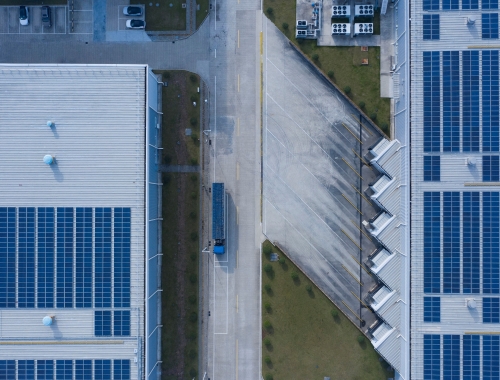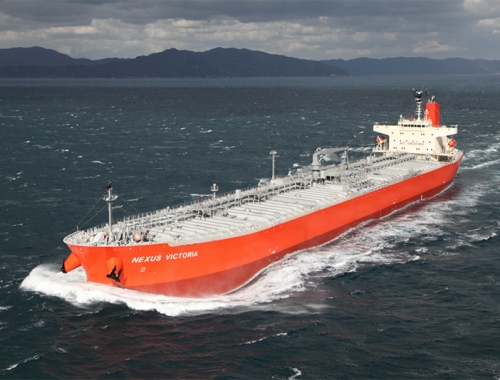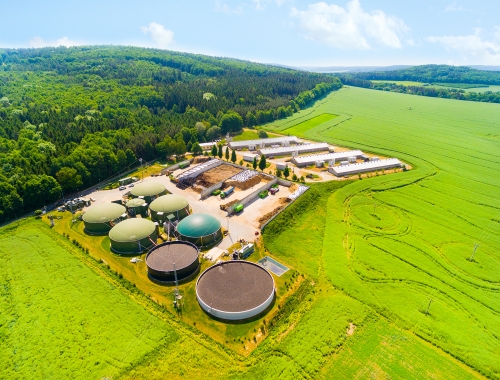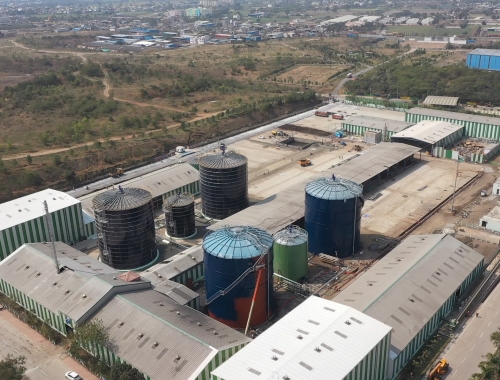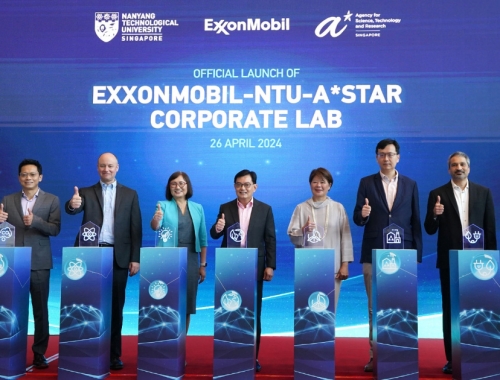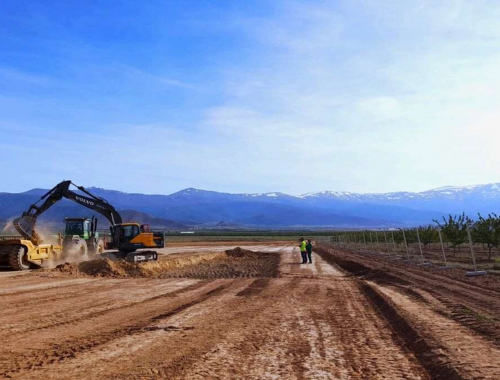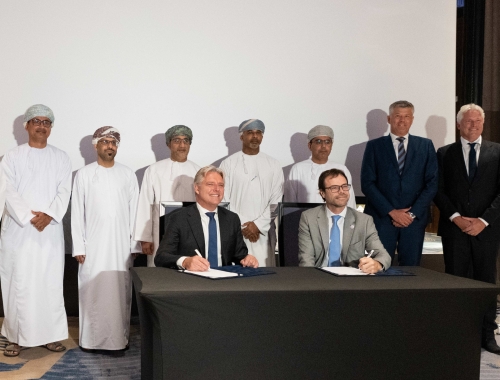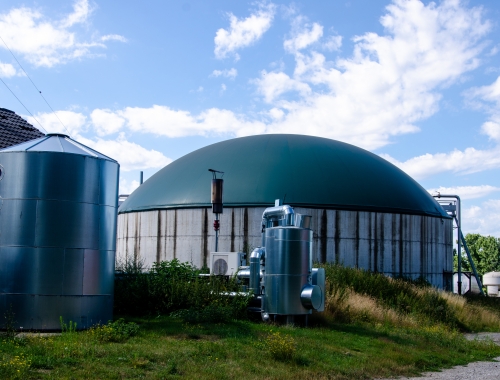Petrofac starts FEED for Netherlands' Aramis CCS project
SUMMARY
Aramis serves as a component in the decarbonisation strategy for hard-to-abate industries across the Netherlands, Belgium, and France.
By Shardul SharmaPetrofac, a provider of energy services, has commenced the front-end engineering design (FEED) for the Netherlands' flagship carbon transport and storage (CCS) system, Aramis, it said on January 4.
Aramis, a collaborative effort by TotalEnergies, Shell, Energie Beheer Nederland (EBN), and Gasunie, serves as a component in the decarbonisation strategy for hard-to-abate industries across the Netherlands, Belgium, and France.
The project aims to capture CO2 from industrial clusters, transporting it for permanent storage in depleted offshore gas fields beneath the North Sea. The entire process involves onshore pipelines or ships transporting the captured CO2 to a hub in the Port of Rotterdam.
Subsequently, after temporary storage and compression, the CO2 will be transported by a dedicated pipeline, designed to handle up to 22mn tonnes/year, to various offshore facilities. There, it will be injected into depleted gas reservoirs located three to 4km under the seabed.
Petrofac's role in this project encompasses the design of a CO2 trunkline, covering onshore, landfall, and offshore segments, as well as the design of the offshore CO2 distribution hub platform. Additionally, Petrofac will design a CO2 pipeline linking the distribution hub to a nearby storage facility, along with overseeing the control and safety systems.
Collaborating with partners Peritus International and Offshore Independents in the Netherlands, Petrofac is executing the project from its consulting hub in Woking, United Kingdom, where Peritus International is also based.

